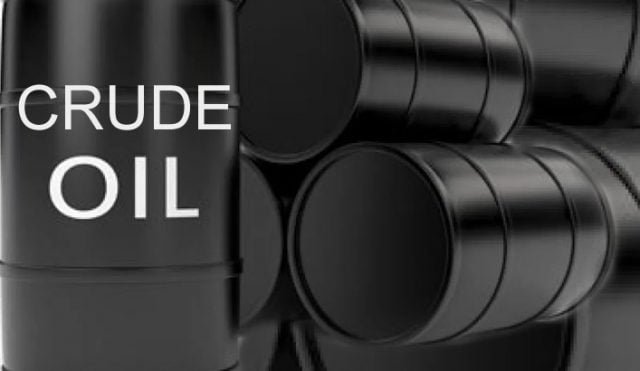
The Federal Government has revealed that a total of 67,657,559 barrels of crude oil were delivered to domestic refiners between January and August 2025, underscoring persistent challenges in meeting the feedstock demand of Nigeria’s refining sector.
The disclosure was made by the Nigerian Upstream Petroleum Regulatory Commission (NUPRC) in Abuja on Sunday. Head of Media and Strategic Communications, Eniola Akinkuotu, said the allocation was implemented under the Petroleum Industry Act (PIA) 2021 and the Domestic Crude Supply Obligation (DCSO) policy.
According to NUPRC, the deliveries were made to modular and state-owned refineries, including Waltersmith, Aradel Energy, and facilities under the Nigerian National Petroleum Company Limited (NNPCL).
⚖️ Refiners’ Requests vs. Actual Supply
Despite the allocations, the supply fell 45% short of refiners’ requests. Local processors demanded 123,480,500 barrels for the first half of 2025, but only about 67.6m barrels were supplied.
The DCSO framework requires upstream producers to reserve part of their crude for local processors before exporting, with sanctions for non-compliance. However, implementation remains weak, as Nigeria continues to export the bulk of its crude.
Earlier this year, NUPRC projected that refineries like Port Harcourt, Warri, and Dangote would require about 770,500 barrels per day — roughly 123.4m barrels for the first six months of the year.
📉 Domestic Refiners Struggle
Despite rising national output — which reached 1.63m barrels per day in August — local refiners complain of inadequate supply. Many allege that producers prefer selling to international buyers who pay in dollars, sidelining domestic processors vulnerable to exchange rate volatility.
Eche Idoko, Publicity Secretary of the Crude Oil Refiners Association of Nigeria (CORAN), argued that the “willing buyer, willing seller” pricing model leaves domestic refineries disadvantaged:
“Foreign traders pay in hard currency, making them more attractive to producers. Local refiners cannot compete, even under the DCSO framework. This paradox undermines Nigeria’s self-sufficiency goals.”
📊 Exports Still Dominate
Data shows that 82% of Nigeria’s crude output in Q1 2025 was exported, even as local refineries grappled with shortages. Analysts warn that this imbalance could stall Nigeria’s long-promised refining revolution, meant to cut the multibillion-dollar bill for imported petroleum products.
🚨 Calls for Stronger Enforcement
Civil society and industry stakeholders argue that bridging the crude supply gap requires more than policy directives. They recommend:
- Stricter enforcement of DCSO compliance
- Transparent pricing models to protect refiners
- Government-backed incentives to balance producers’ and refiners’ interests
While the NUPRC insists its allocation of 67.6m barrels shows commitment to domestic refining, operators maintain that partial deliveries cannot sustain efficient operations or justify the billions invested in local capacity.



